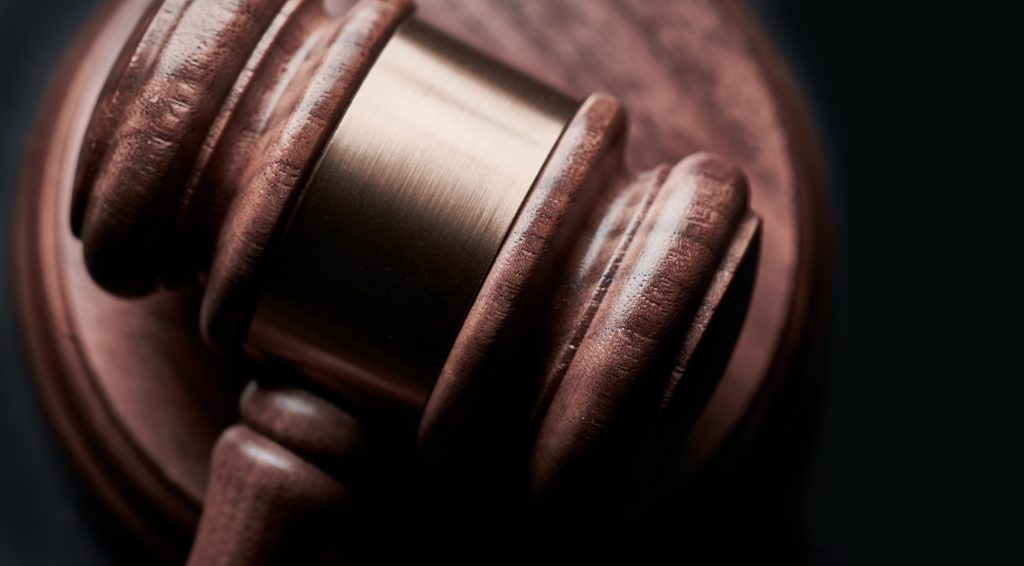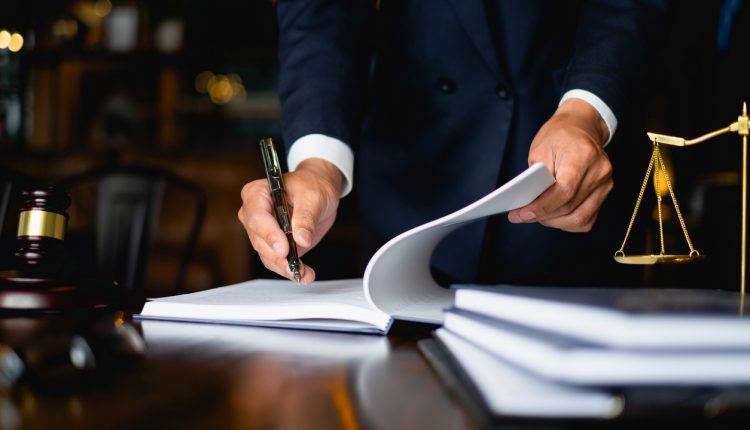5 Reasons Why Having a Personal Injury Lawyer is Important
People involved in accidents regularly question why having a personal injury lawyer is important. Accidents tend to occur when we least expect them. They also tend to unfold in the places where we feel relatively safe. From the roads we travel on daily, to the workplace, and even our doctor’s office, it seems that there is no location where we are immune to injury.
Fortunately, you can minimize your risk of being in an accident by following safety guidelines at work, adhering to driving laws, and always being cautious – especially when you are away from home. But you should also be prepared to protect yourself in case you sustain an injury.
One of the best ways to achieve this goal is to hire a skilled personal injury attorney. Below are five reasons why having a personal injury lawyer is important, and some of the benefits of hiring a personal injury lawyer.
1) You Receive Trusted On-the-Spot Guidance
When people are injured in an accident, it is normal for them to experience a variety of feelings and emotions ranging from shock to fear to anger. Even the most level-headed people may feel temporarily confused or unsure of what steps to take next.
A personal injury lawyer can be a lifesaver in the minutes following an injury accident. Once you have requested medical help and called the police, it is a good idea to reach out to your lawyer for guidance. Here are some specific reasons why why having a personal injury lawyer is important, and ways a lawyer can help you in the minutes following an injury:
- Offer Steps on What to Do Next: If you are shaken after an accident, your lawyer can offer valuable guidance on what to do and what not to do.
- Advise You in Communications with Others: A lawyer can advise you on how to handle questions from the police, your employer, and others.
- Provide Tips That Could Ultimately Help Your Case: Your lawyer may advise you to take pictures of the scene or write down information.
2) You May Discover Hidden Injuries That Require Treatment
Data published by the United States Bureau of Transportation Statistics shows that there were 5,250,837 motor vehicle crashes in the United States in 2020 for the 2.9 hundred million vehicle-miles driven. In these motor vehicle crashes there were 2,282,015 injured persons, and 38,824 fatalities. Per 100 million vehicle-miles driven in 2020, there were 181 crashes, 79 injured persons, and 1.34 fatalities. With all of these accidents, many people still ask “Why do you need a personal injury attorney?”
Experienced lawyers know that some of the most serious injuries produce no outward signs of trauma. Even if you “think” you are okay, a good personal injury lawyer knows the injuries to watch out for, such as traumatic brain injury, herniated discs, knee damage, and psychological trauma. They will remind you to seek a thorough medical evaluation after your accident to screen for problems that may require treatment. This is another reason why having a personal injury lawyer is important.
3) Bilingual Legal Support Can Make a World of Difference
Sustaining an injury in a accident can be traumatic for anyone. But it can be especially challenging for the 13.5% of Spanish speakers in United States. If you or a loved one speaks Spanish as a native language, hiring a bilingual personal injury lawyer is a wise investment.
From explaining laws and documents in Spanish to providing guidance in a language that is easy to understand, hiring a bilingual personal injury lawyer can make a world of difference in the outcome of a case. So when you search for an “accident lawyer near me”, be sure they and/or the staff can speak Spanish.
4) A Personal Injury Lawyer Can Help Stop Intimidation Tactics Against You
Some personal injury cases unfold relatively smoothly. Unfortunately, there are others that are marked by the use of unsavory tactics on the part of employers, insurance companies tricks, and even health care professionals who are unwilling to treat injured parties.
These tactics are often used to coax people involved in accidents into minimizing their injuries or settling for a compensation amount that is less than what you should ask for in the personal injury settlement. Here are a few common examples which highlight why having a personal injury lawyer is important:
- Pressure: An employer may attempt to dissuade you or distract you from filing an injury report or workers compensation claim at work, or for searching for a “work injury lawyer near me”.
- Threats: Some employers tell injured workers that they will lose their job if they file a claim
- Low-Ball Settlements: An insurance company may try to entice you into accepting a fast settlement for an unreasonably low amount
- Stalling: Some insurance companies purposely delay the processing of your claim to avoid paying you what you are owed
Personal injury attorneys can spot these tactics a mile away and know how to handle them, which is why having a personal injury lawyer is important. If necessary, your lawyer can communicate with the insurance company and your employer’s attorney on your behalf. Your lawyer can also stay on top of insurance companies that have failed to remit payments.
5) You Will Not Miss Any Key Deadlines or Requirements
Navigating the complexities of the court systems can be extremely challenging for anyone who does not work in the legal profession. And it can be especially difficult if you are trying to recover from injuries.
Your attorney will provide guidance as your case unfolds, making sure you don’t miss any filing deadlines, court dates, or paperwork requirements. An attorney will also make sure your claims and appeals are completed properly and in full.
What Is the Single Most Important Reason to Have a Personal Injury Lawyer?
Having a trusted personal injury lawyer in your corner will boost your odds of having a favorable outcome with your case. From a financial standpoint, people who hire personal injury attorneys tend to receive a settlement that is approximately $60,000 higher on average than people who don’t hire a lawyer. For this reason alone, hiring an attorney is worth the investment.
If you have decided you would like to hire a lawyer, remember that not all attorneys are created equal. With roughly 135,000 personal injury lawyers in the United States, it can be a bit overwhelming to narrow the field and make a decision.




